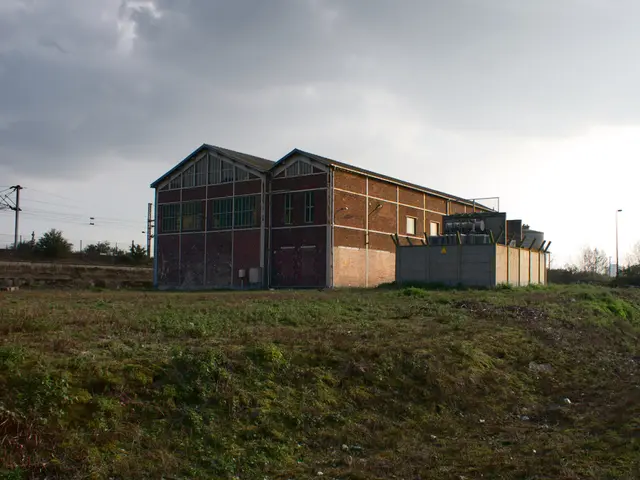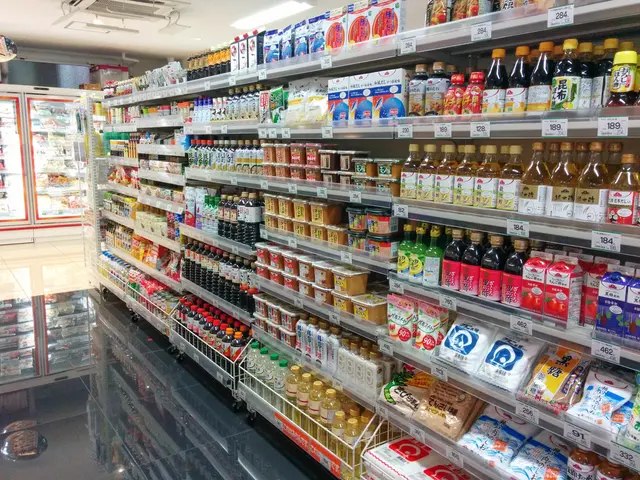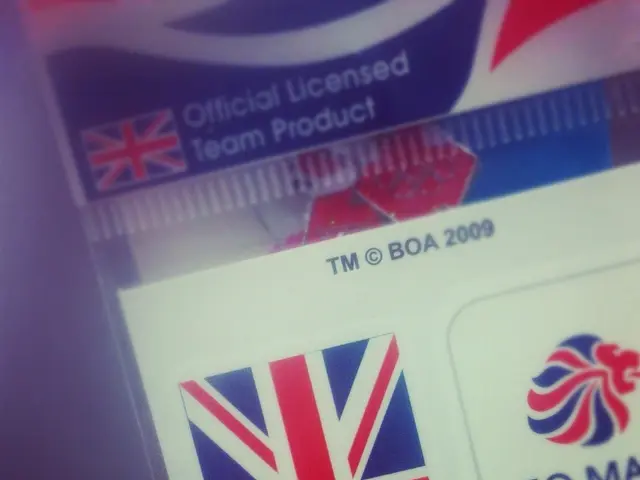Cross-party coalition in Solingen calls for a new beginning
In the heart of Germany, two cities, Duisburg and Solingen, find themselves in starkly different economic scenarios. Duisburg, once in a financially distressing situation similar to Solingen, has managed to free itself from debt and present a balanced budget, while Solingen continues to grapple with economic concerns and heavy debt.
The Free Democratic Party (FDP) in the Solingen city council has proposed an economic disentanglement package to address the city's woes. This package includes active marketing of the economic location Solingen, modernizing existing commercial areas with up-to-date technical infrastructure, restoring the core tasks of the Economic Development Agency Solingen, and simplifying and accelerating approval procedures.
Crucially, the FDP argues that focusing on economic improvement will lead to more funds for social projects, culture, sustainability, and other essential services. This approach is in stark contrast to the red-red-green factions' amendment requests for increasing subsidies to clubs and associations, the sustainability budget, bike paths, speed cameras, and parking fees, among other expenses.
Duisburg's success story offers valuable insights into effective economic management. The city achieved this by implementing comprehensive strategies focused on site management, location marketing, internationalization, innovation, and technology transfer.
Site Management in Duisburg has been exemplary. The city leveraged its industrial heritage, particularly its steel and heavy industry sectors, by repurposing and managing industrial sites effectively. This included environmental sound land recycling, feasibility studies for landfill and site development, and strategic reuse of sites for alternative energy and new economic activities.
Location Marketing was another key factor. Duisburg capitalised on its position within the Rhine-Ruhr region, promoting its accessibility to waterways, transport links, and industrial infrastructure. This concerted location marketing raised the city’s profile nationally and internationally, attracting business partners and investors.
Internationalization played a significant role in Duisburg's success. By focusing on integration in global trade and international business networks, Duisburg increased export activity and cross-border collaborations. Its port facilities, among the world’s largest inland ports, strengthened its international connections and economic profile.
Innovation and Technology Transfer were also prioritised. Duisburg actively encouraged innovation through partnerships with research institutions and SMEs, promoting the transfer of advanced technologies into practice. Services supporting AI-based process automation and technological upgrading for mid-sized companies were introduced to boost competitiveness.
Strategic Economic Transition was another crucial element. Recognising the declining competitiveness of traditional industries, Duisburg adapted its economic structure by integrating high technology and service sectors alongside its traditional heavy industries. This diversification helped reduce debt by fostering new growth avenues.
In contrast, Solingen’s traditional economic structure has been less diversified and less aggressive in adopting comprehensive strategies for innovation, internationalization, and modern site use, limiting its debt reduction and economic development opportunities.
The FDP's economic disentanglement package for Solingen, if implemented, could potentially steer the city towards a more prosperous future, emulating Duisburg's successful approach. However, the draft budget for 2025/2026 does not contain ideas for strengthening the economic location or improving the city's income, raising concerns about Solingen's future economic trajectory.
References: [1] Duisburger Stadtentwicklung GmbH. (n.d.). Duisburg's Economic Development. Retrieved from https://www.duisburg-stadtentwicklung.de/wirtschaft/ [2] Wirtschaftsförderung Duisburg. (n.d.). Innovation and Technology. Retrieved from https://www.wirtschaft-duisburg.de/wirtschaftsforderung/innovation-und-technologie/ [3] Wirtschaftsförderung NRW. (2021). Duisburg - A Strong Partner for Business. Retrieved from https://www.wirtschaft-nrw.de/en/location/duisburg/ [4] Bundesamt für Bauwesen und Raumordnung. (2018). Sustainable Urban Development in Duisburg. Retrieved from https://www.bbsr.de/de/publikationen/stadt-region/2018/duisburg-nachhaltige-stadterneuerung [5] Duisburger Stadtentwicklung GmbH. (2019). Duisburg's Site Management. Retrieved from https://www.duisburg-stadtentwicklung.de/wirtschaft/standorte/
- The Free Democratic Party (FDP) in Solingen city council proposes an economic disentanglement package, including site management, location marketing, internationalization, innovation, and technology transfer, to emulate Duisburg's successful approach in addressing economic concerns.
- Duisburg's success story is attributed to comprehensive strategies that focus on effective site management, location marketing, internationalization, innovation, technology transfer, and strategic economic transition to foster new growth avenues and reduce debt.
- Solingen's traditional economic structure is less diversified and less aggressive in adopting comprehensive strategies for innovation, internationalization, and modern site use, impeding debt reduction and economic development opportunities.
- The draft budget for Solingen in 2025/2026 lacks ideas for strengthening the economic location or improving the city's income, heightening concerns about Solingen's future economic trajectory.




